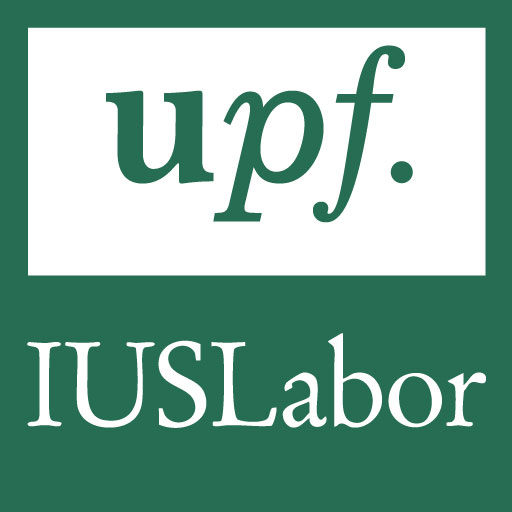Abstract
The LOSU aims to improve the quality of employment and working conditions for all teaching and research staff, by reducing the differences in treatment for temporary and/or part-time positions. However, the law is full of ambiguities and contradictions, generating uncertainties and conflicts (increasingly judicialized), especially in additional remuneration (regional supplements). In this matter, moreover, there is a strong contrast between social and contentious jurisprudence. This study analyzes the most recent normative and jurisprudential situation, with a critical, but also proactive approach, not only in relation to associate professors, the basic object, but also for all contracted teaching and research staff.
Rights

This work is licensed under a Creative Commons Attribution-NonCommercial-NoDerivatives 4.0 International License.
(c) IUSLabor. Revista d'anàlisi de Dret del Treball, 2024
Copyright
IUSLabor is an open access journal, based on the idea that making research available to the public openly and free of charge favors the global exchange of knowledge.
Consequently, all content is freely available, free of charge to users and their institutions. Users can read, download, copy, distribute, print, search or link the full texts of the articles in this journal without prior permission from the Editorial Committee or the author of the article, provided their authorship is acknowledged.
In this sense, IUSLabor uses the Creative Commons Attribution-NonCommercial-NoDerivative 4.0 International license (CC BY-NC-ND 4.0).
Authors grant, in a non-exclusive way, rights of reproduction, publication, distribution, public communication and transformation of their work for publication in IUSLabor and for inclusion in the databases in which the journal is indexed.
Likewise, authors authorize that their article be published with a Creative Commons Attribution-NonCommercial-NoDerivative 4.0 International license (CC BY-NC-ND 4.0).
Authors are allowed and encouraged to disseminate their work published in IUSLabor (for example, on institutional repositories, personal websites or social media), always referring to their publication in IUSLabor.


